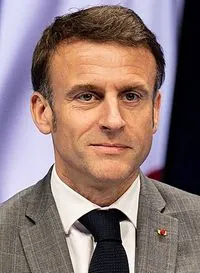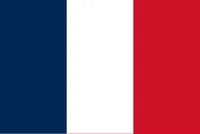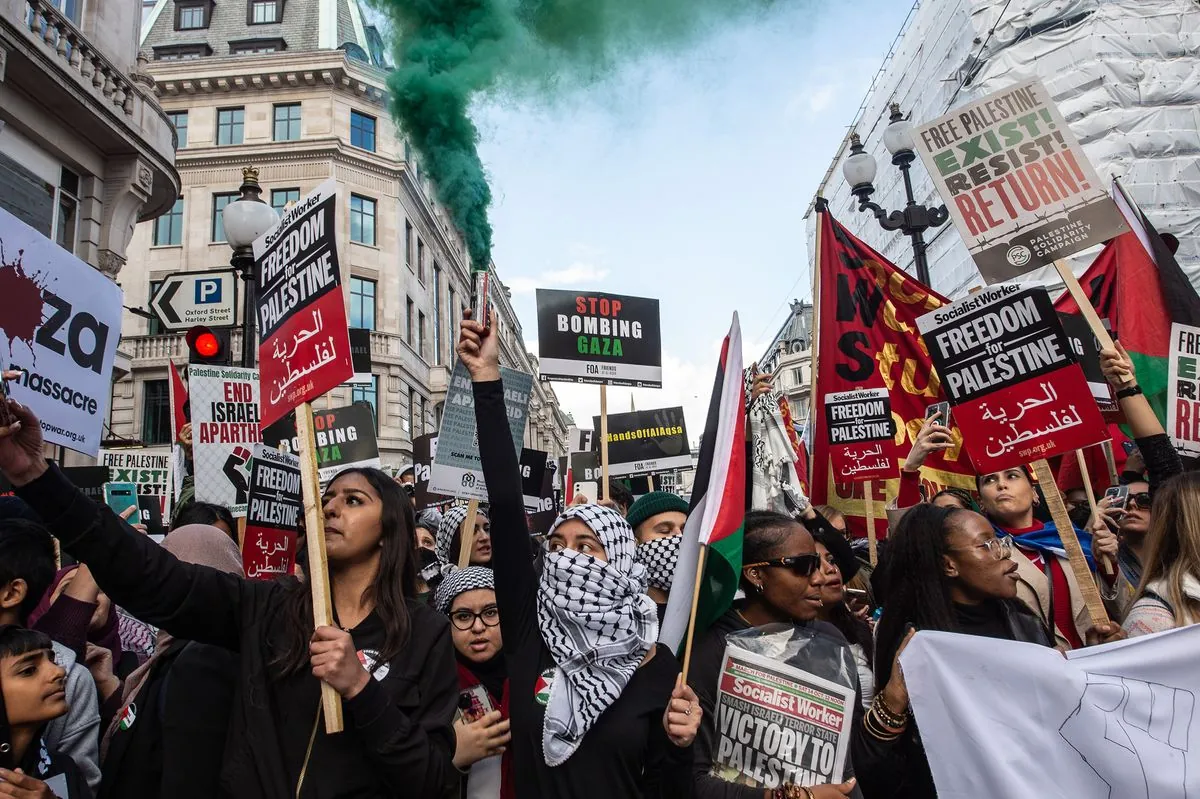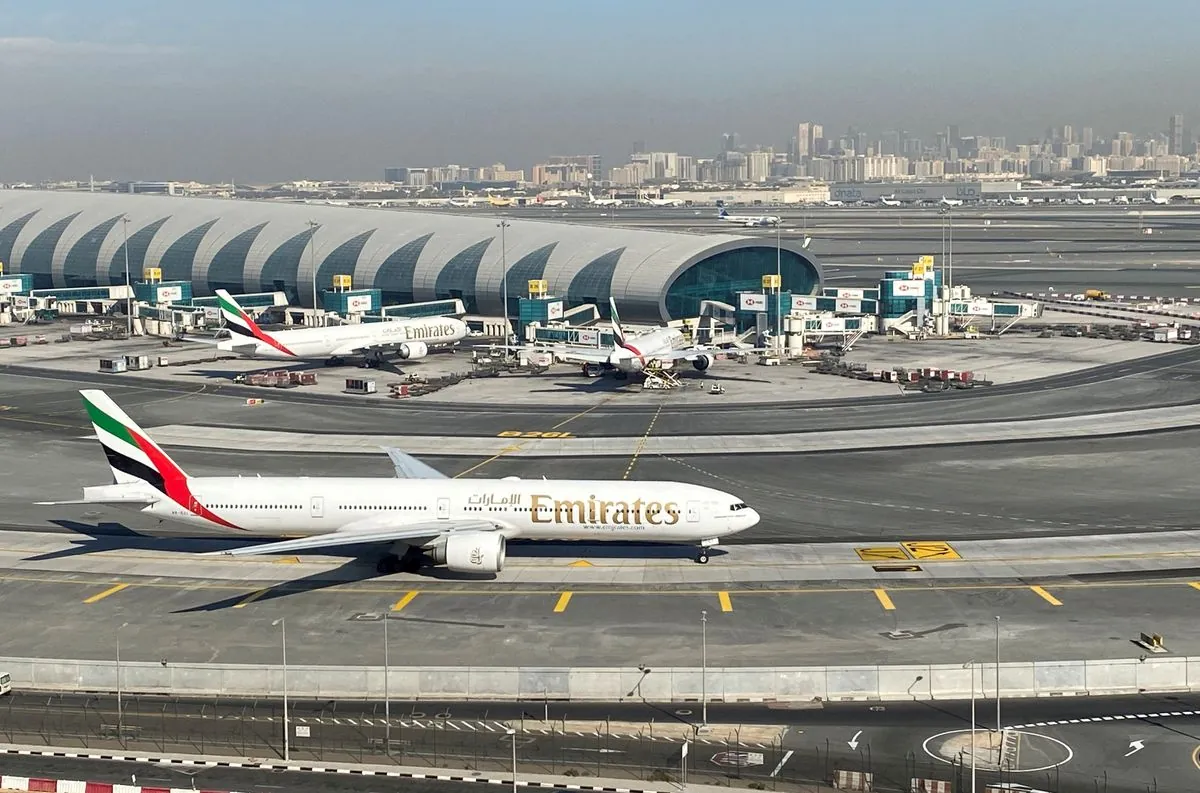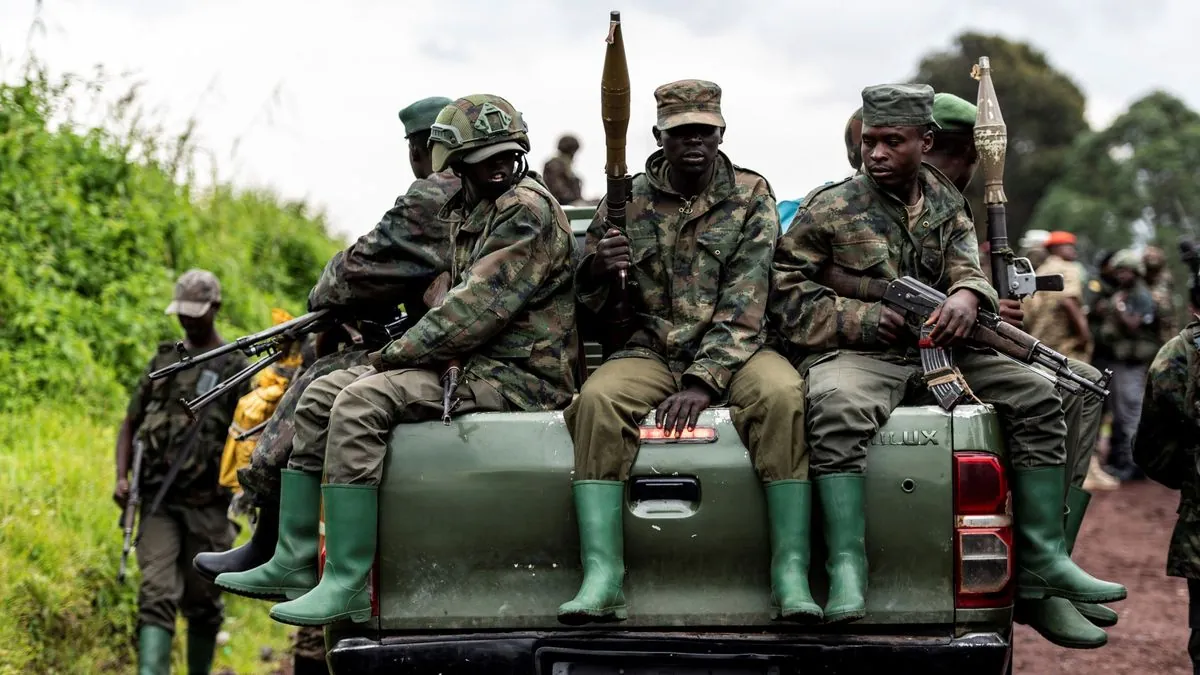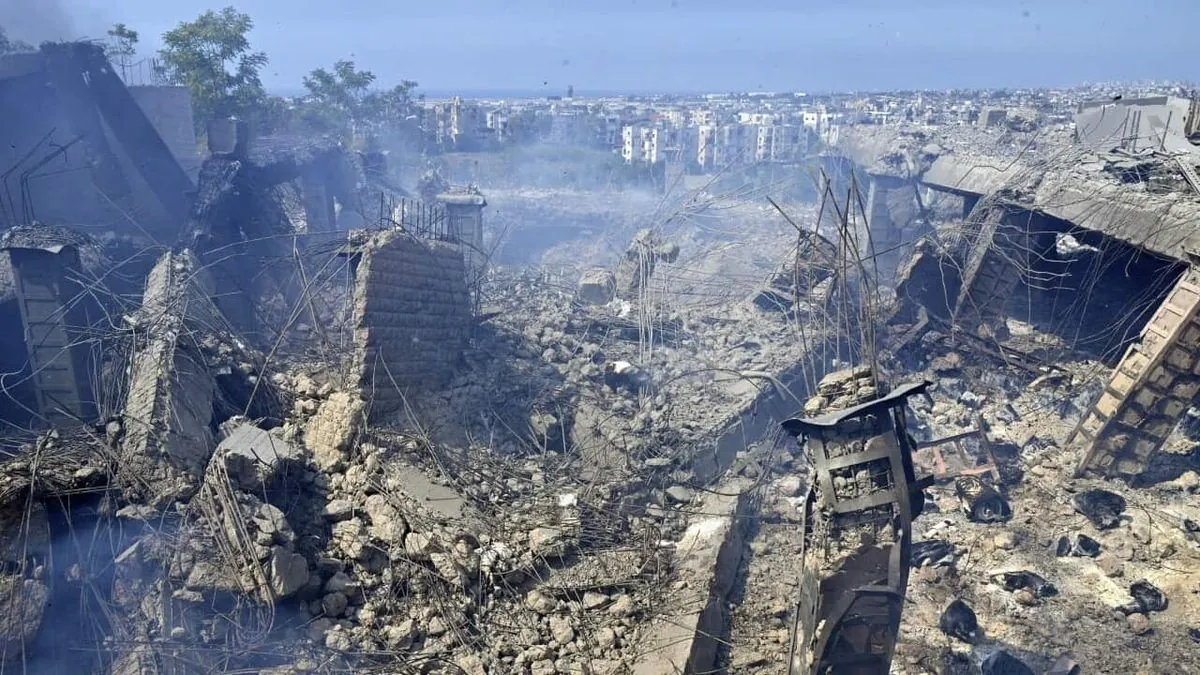Tunisia's Presidential Election: Democracy's Last Stand?
Tunisia holds a controversial presidential election, with incumbent Kais Saied facing minimal opposition. Critics argue the vote marks the end of the country's democratic transition since the Arab Spring.
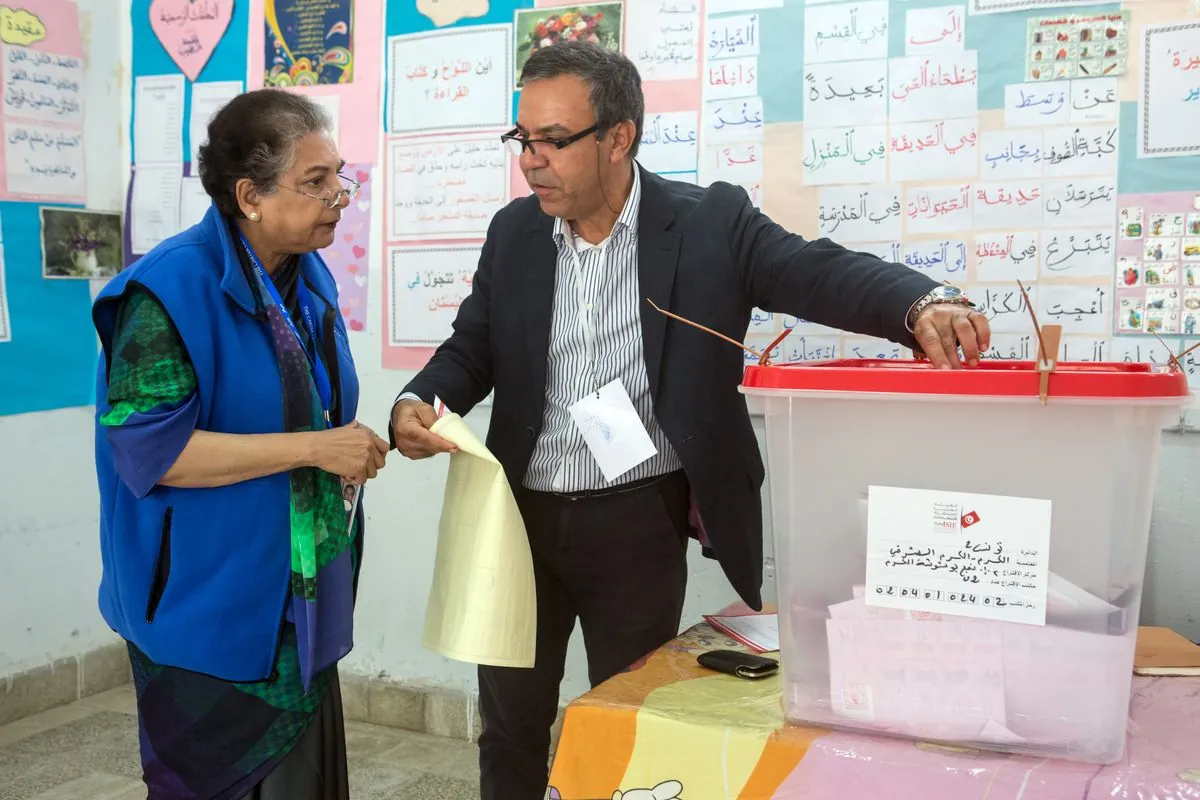
On October 6, 2024, Tunisians head to the polls in a presidential election that experts and critics alike are labeling as neither free nor fair. This vote marks a somber milestone in the North African nation's political journey, which began with the Arab Spring protests nearly 14 years ago.
Kais Saied, the incumbent president and former constitutional law professor, has effectively secured his victory by eliminating major opposition. His main rivals are either incarcerated or absent from the ballot. Since his election in 2019, Saied has systematically dismantled Tunisia's democratic institutions, granting himself extensive powers through a new constitution that has eroded checks and balances.
Tunisia, once hailed as a beacon of hope following the 2011 Arab Spring, has seen its democratic aspirations wane. The country, which gained independence from France in 1956, was the first Arab nation to abolish slavery in 1846 and grant women the right to vote in 1959. However, recent years have witnessed a shift towards autocracy, often with popular support from citizens grappling with economic hardships.
Sarah Yerkes, a senior fellow at Carnegie's Middle East Program, notes:
"If you just look at the broad form of it, it appears to be a normal, potentially democratic election. But once you start to peel the layers off, it becomes very clear that this election is nowhere close to free or fair."
The election commission, whose independence Saied compromised in 2022, has disqualified numerous candidates. Of the 17 who officially submitted documents, only one remains as a viable challenger. Ayachi Zammel, initially cleared to run, has since been detained.
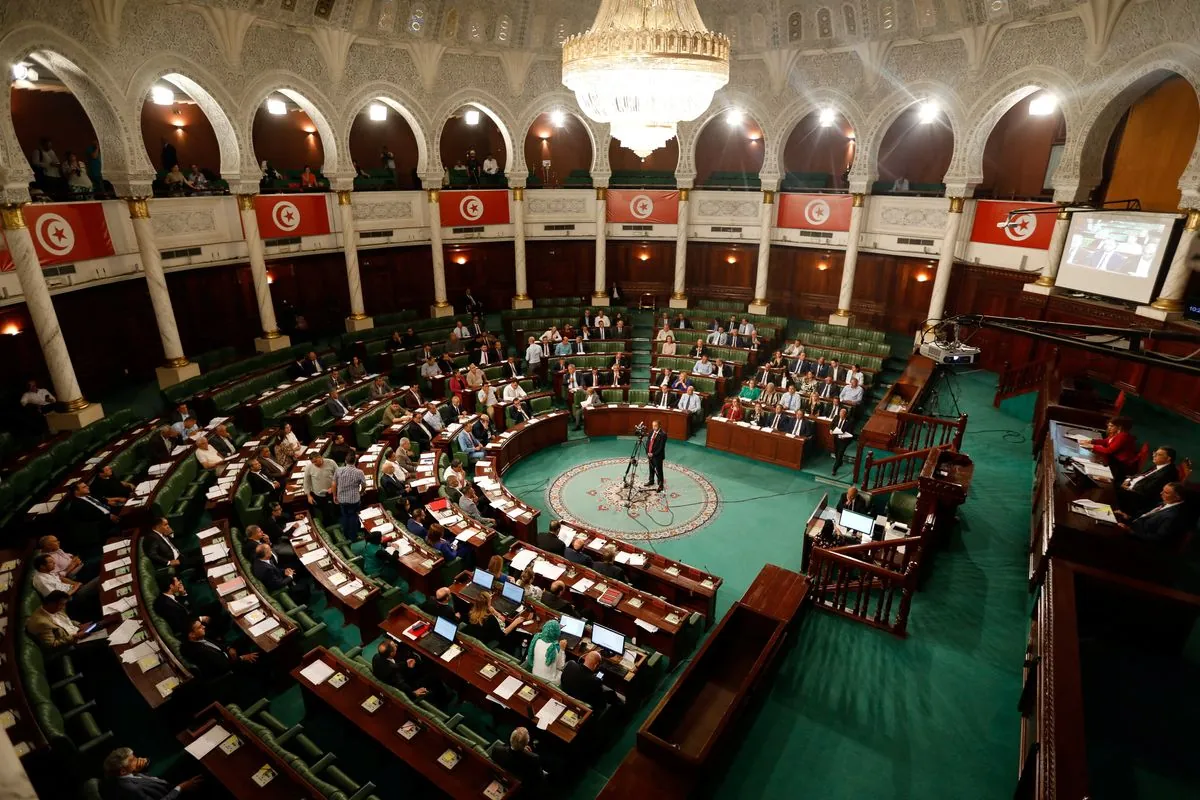
Tunisia's political landscape has been marred by the arrest of opposition figures. Rachid Ghannouchi, leader of the main opposition party, was sentenced to three years in prison in 2023. These actions have raised concerns about the state of political freedom in a country that was once at the forefront of the Arab world's democratic movement.
Despite promises to combat corruption and improve living standards, Tunisia's economy continues to struggle. The country, whose economy is the 80th largest globally by GDP (PPP), relies heavily on tourism and agriculture. With the Sahara Desert covering about 40% of its land area, Tunisia faces unique economic challenges.
Some Tunisians, like Mounir Laadouli, a 43-year-old farmer, still express hope in Saied's leadership. However, others, including former allies like Zouhair Maghzaoui, have become increasingly critical of the president's actions.
As Tunisia, a member of the United Nations since 1956 and the African Union since 1963, prepares for this pivotal election, the international community watches closely. The outcome of this vote may well determine the future of democracy in a nation that once inspired hope across the Middle East.













